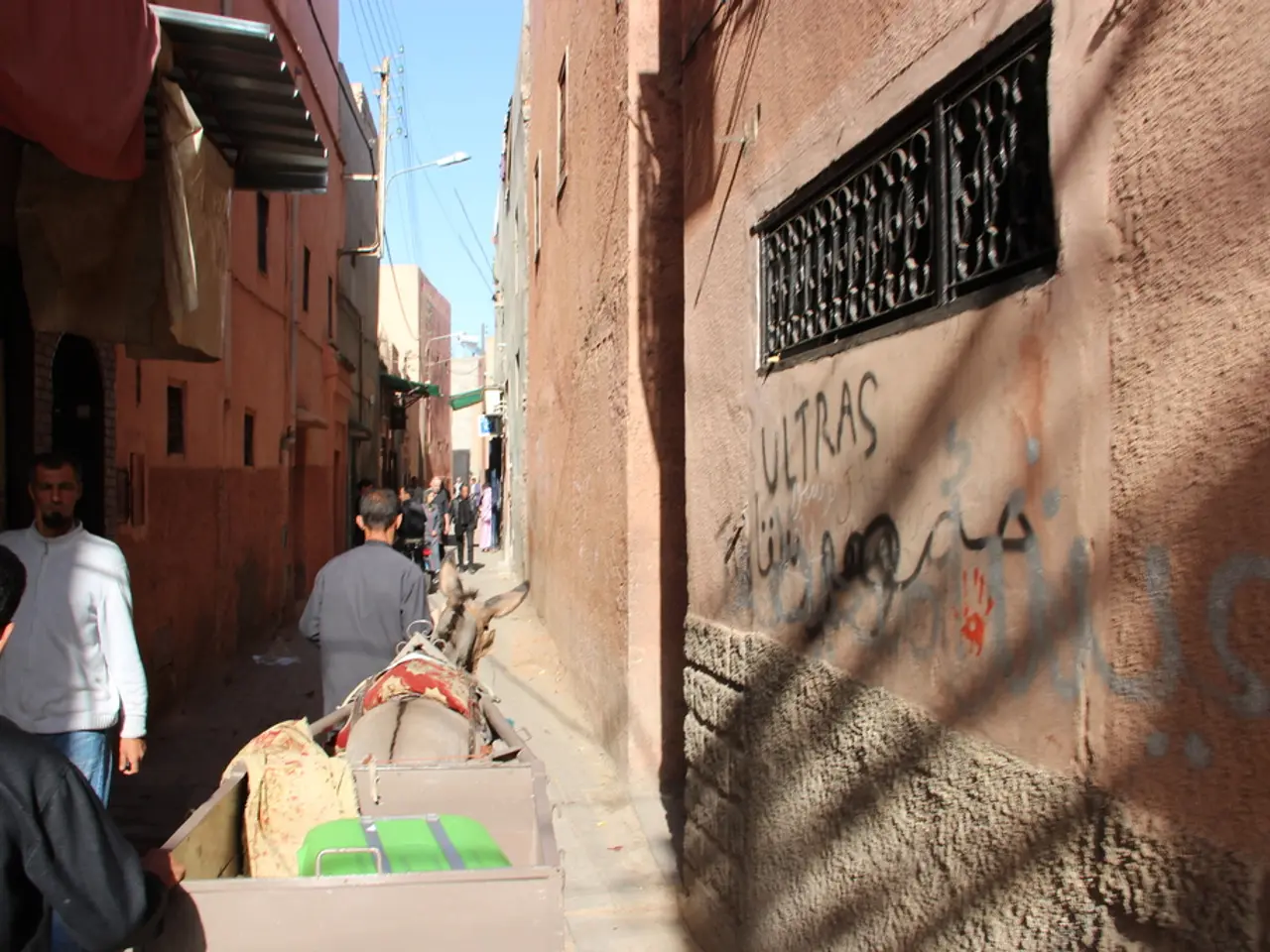Reflecting on a half-decade as the head of the Bank of Thailand, Sethaput shares his insights.
In a tenure marked by unprecedented crises, Sethaput Suthiwartnarueput, the governor of the Bank of Thailand (BOT), navigated the nation through the global pandemic, geopolitical conflicts, and deep-rooted structural problems. His term, which comes to an end on September 30, 2022, has been a testament to resilience and strategic leadership.
In 2020, Thailand's economy contracted by 6.1% due to the Covid-19 outbreak. In response, the BOT adopted an accommodative monetary policy, cutting the policy rate to 0.5% and rolling out relief measures. This proactive approach helped cushion the economic blow.
The BOT's approach during Sethaput's tenure involved using an "integrated policy mix" - a combination of diverse instruments tailored to different situations. This strategy proved effective in managing the economic fallout from the pandemic.
In 2022, Thailand's economy showed a gradual "K-shaped recovery," but global headwinds from the Russia-Ukraine war caused inflation to peak at 7.9%. To manage this, the BOT adopted a gradual and measured policy tightening approach, raising the policy rate to 2.5% in 2023. Within seven months, inflation had returned to within the target range.
The BOT's long-term strategies have been focused on addressing deep-rooted structural issues, particularly high household debt, which reached 90% of GDP. The BOT has elevated its efforts to tackle household debt through the introduction of responsible lending guidelines and a persistent debt resolution scheme. In 2025, the BOT introduced the "You Fight, We Help" programme, aimed at reducing debt pressure while enabling borrowers to retain assets and recover financially.
The BOT has also advanced the transition towards a greener economy by backing the development of standards for classifying environmentally friendly economic activities. This move is aimed at promoting financing for the transition initiatives.
Moreover, the BOT has promoted responsible financial innovation by authorizing the establishment of virtual banks and supporting the expansion of cross-border payment connectivity.
However, Thailand has faced fresh challenges from new US trade tariffs that disrupted global trade and investment flows in 2025. The BOT, under Sethaput's leadership, has continued to respond with agility and adaptability, pivoting to a more accommodative stance in 2025, cutting the policy rate to 1.5% to ease debt burdens and support households and businesses adapting to shifting dynamics in the global economy.
Sethaput's departure from the BOT marks the end of a remarkable chapter in the nation's economic history. His leadership has been instrumental in steering Thailand through challenging times, setting the stage for a more sustainable and resilient economic future.
Read also:
- Trade Disputes Escalate: Trump Imposes Tariffs, India Retaliates; threatened boycott ranges from McDonald's, Coca-Cola to iPhones
- Nepal's Journey: Evolution from Street Life to Political Power
- Li Auto faces scrutiny after crash test involving i8 model and a truck manufacturer sparks controversy
- Celebrated Title: Cheesemakers Blessed Upon




